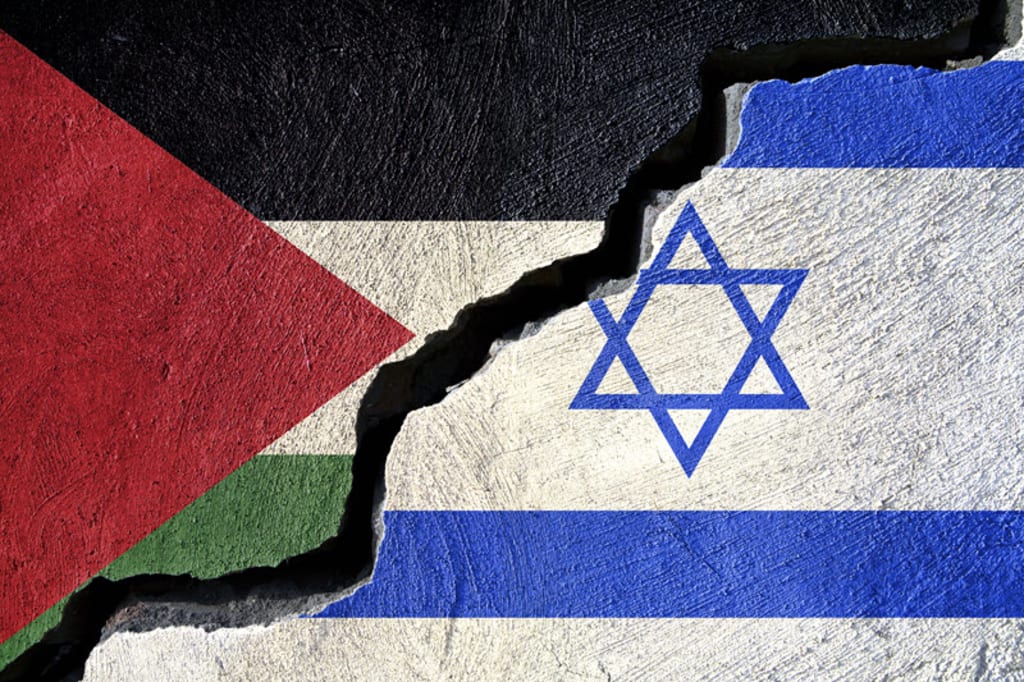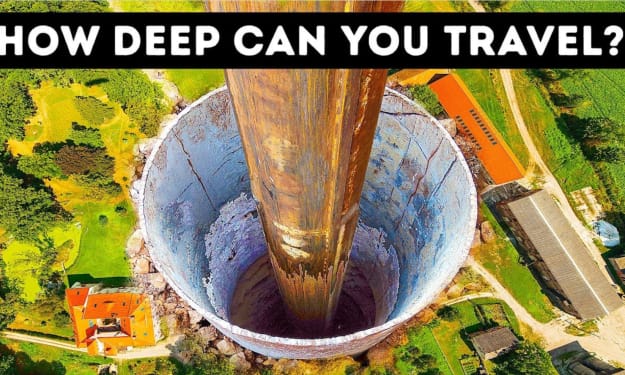Understanding the Complexity of the Israel-Palestine Conflict
Navigating the Quagmire: A Comprehensive Analysis of the Israel-Palestine Conflict

The Israel-Palestine conflict is a topic that has captured the attention of the world for decades, evoking strong emotions and stirring impassioned debates. Rooted in a complex web of historical, political, religious, and territorial issues, the conflict defies easy solutions and continues to generate violence and suffering for both Israelis and Palestinians.
At its core, the Israel-Palestine conflict revolves around competing claims to the land of historic Palestine, a region that has been inhabited by various peoples for millennia. Jews, Muslims, and Christians all have deep historical and religious ties to the land, which has led to intense competition and conflict over its control.
The modern phase of the conflict dates back to the late 19th and early 20th centuries, with the rise of Zionism, a movement advocating for the establishment of a Jewish homeland in Palestine. In 1948, following the end of British colonial rule, Israel declared its independence, leading to a war with its Arab neighbors and the displacement of hundreds of thousands of Palestinians, an event known as the Nakba, or "catastrophe," in Palestinian history.
Since then, the conflict has been characterized by a cycle of violence, including wars, uprisings, and acts of terrorism, as both sides have sought to assert their claims to the land and secure their respective national identities. The issues at the heart of the conflict are deeply intertwined and include the status of Jerusalem, the rights of Palestinian refugees, Israeli settlements in the West Bank, and the security concerns of both Israelis and Palestinians.
One of the most contentious issues in the conflict is the status of Jerusalem, a city holy to Jews, Muslims, and Christians alike. Israel considers Jerusalem its capital and has annexed East Jerusalem, which was occupied during the 1967 Six-Day War. However, Palestinians also claim East Jerusalem as the capital of their future state, leading to ongoing tensions and clashes over control of the city.
Another major obstacle to peace is the expansion of Israeli settlements in the West Bank, which are considered illegal under international law. These settlements, built on land captured by Israel in 1967, have grown rapidly in recent years, complicating efforts to reach a negotiated settlement based on a two-state solution. Palestinians see the settlements as a barrier to the creation of a viable and contiguous Palestinian state, while many Israelis view them as vital to their security and religious heritage.
The issue of Palestinian refugees is another deeply divisive issue in the conflict. During the 1948 war, hundreds of thousands of Palestinians were forced to flee their homes, and their descendants now number in the millions, scattered across the Middle East and beyond. Palestinians demand the right of return for refugees and their descendants to their ancestral homes, a demand that Israel rejects, fearing it would threaten the Jewish majority of the state.
In recent years, efforts to resolve the conflict have faced numerous setbacks, including the failure of peace talks, the rise of extremist groups like Hamas, and the actions of hardline politicians on both sides. The Trump administration's decision to recognize Jerusalem as Israel's capital and move the U.S. embassy there further inflamed tensions and undermined prospects for peace.
Despite these challenges, there are reasons to remain hopeful that a peaceful resolution to the Israel-Palestine conflict is still possible. There is widespread international consensus on the need for a two-state solution, with Israel and Palestine living side by side in peace and security. Efforts by the international community to promote dialogue and negotiation, as well as grassroots initiatives aimed at fostering understanding and reconciliation between Israelis and Palestinians, offer glimmers of hope amid the darkness of conflict.
Ultimately, achieving peace in the Israel-Palestine conflict will require bold leadership, courageous compromises, and a commitment to justice and human rights for all. It will also require recognizing the legitimate aspirations and grievances of both Israelis and Palestinians and finding a way to reconcile their competing claims to the land. While the path to peace may be long and difficult, the alternative – continued violence, suffering, and despair – is simply unacceptable.






Comments
There are no comments for this story
Be the first to respond and start the conversation.